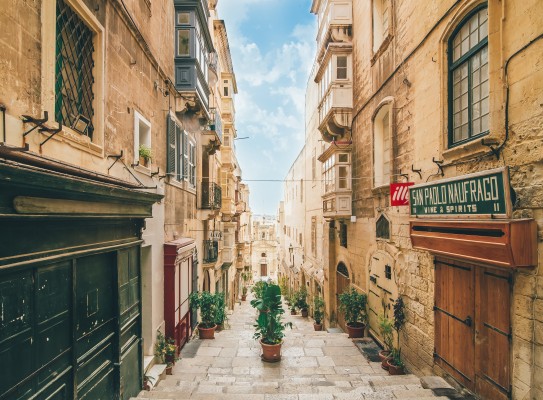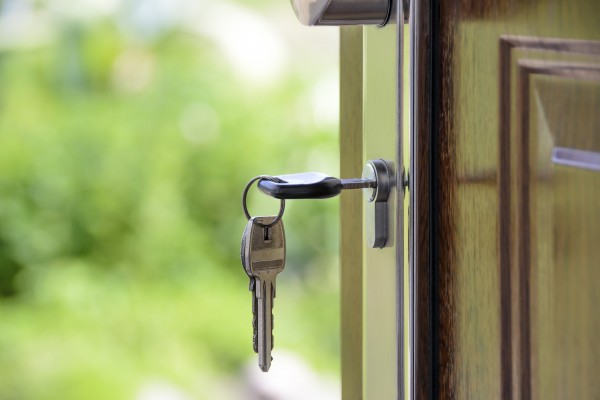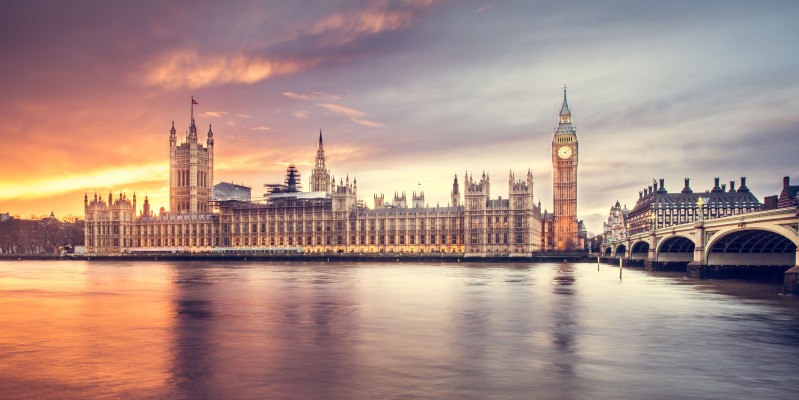It is increasingly difficult to find accommodation in Nice especially for those who require long-term rentals, not just holiday homes. The mayor noted that tourism development is taking place at the expense of the locals and hoteliers with the success of online booking platforms such as Airbnb as a major factor.
The mayor of the city of Nice, Christian Estrosi, has decided to put some regulations in place to control seasonal rentals like for Airbnb. These regulations state that periodic checks will be conducted by certified agents to track down fraudulent landlords and property owners. These new measures will make it more difficult for those who operated illegally as professionals in the field of furnished tourism rentals. This new regulation concerns the entire territory of the Nice Côte d'Azur metropolitan area.
Two main mesures
With these new regulations, there will be a change for property owners who rent their main residence as only one authorization will be granted per household to operate a holiday rental.
This rental is limited to 120 days and up to 23,000 euros per year. The President of the Metropolitan Area intends for this to remain as "an alternative tourist offer" for additional income.
In the case of a violation of these terms including a false declaration on housing, the penalty can be up to 50,000 euros.
Henceforth, legal entities declaring themselves as lessors will be subjected to an obligation to compensate from the first property placed on the market. thus this measure does not affect an owner who rents his property as a supplement to income under the conditions mentioned above.
Through the creation of a "Housing Protection" cluster, municipal officials will carry out regular checks during which they will visit the owners to ensure that it is their primary residence. They will focus on non-declarations, false declarations and may intervene at properties.
These sworn officers will be able to draw up reports and the proceedings will be forwarded to the Public Prosecutor.
The aim of these measures is to put an end to "unfair competition" with tourism professionals. Hoteliers have to pay charges and taxes as well as employ workers and incur other costs which do not apply to individuals.
They are also required to supervise speculative rental, which is very far from the exchange between private individuals.
Behind a host, is sometimes equivalent to being a professional in tourist rentals especially as some Airbnb "hosts" rent several apartments for a large part of the year: a flourishing business.
By these measures, the mayor wishes to limit the increase in property prices and rents.









